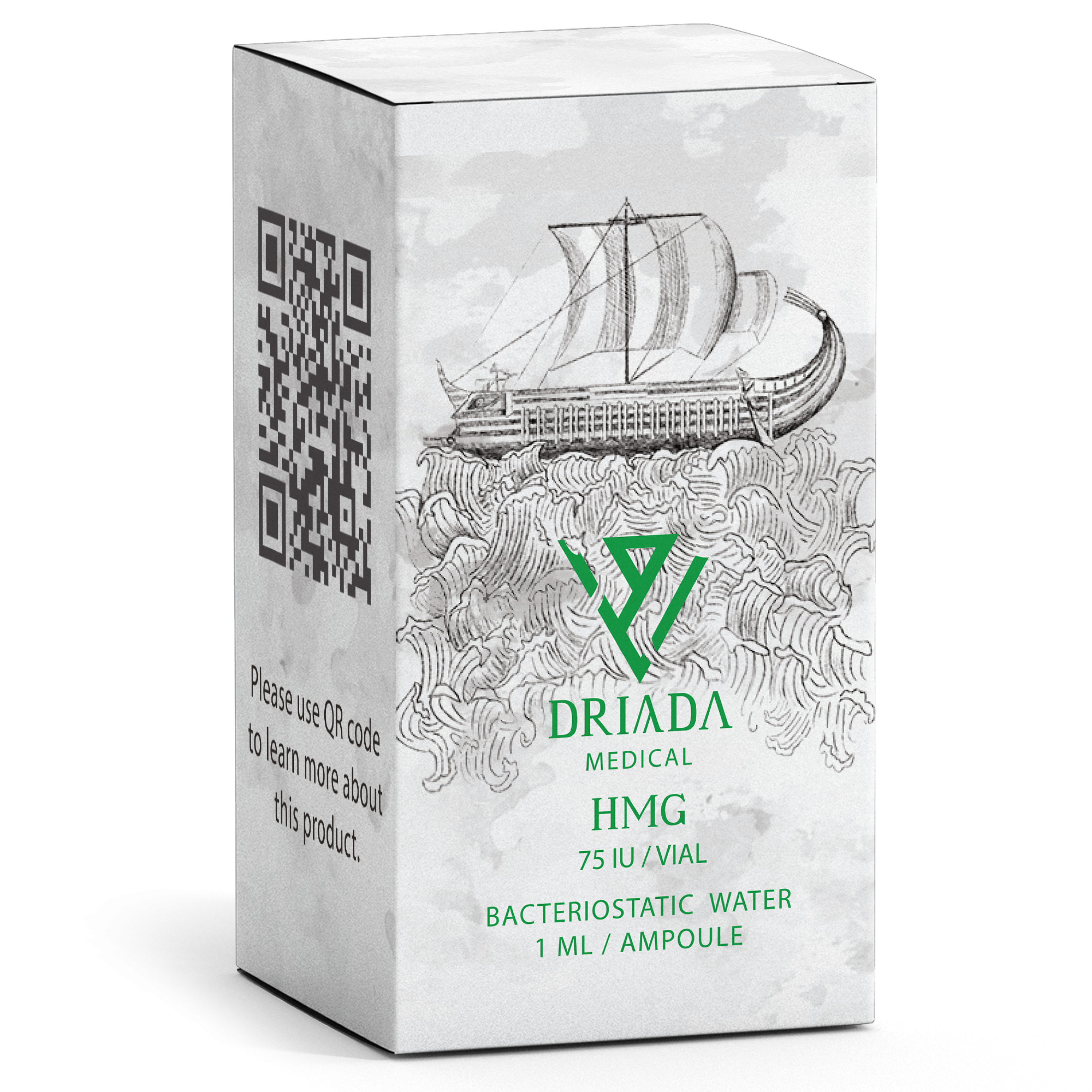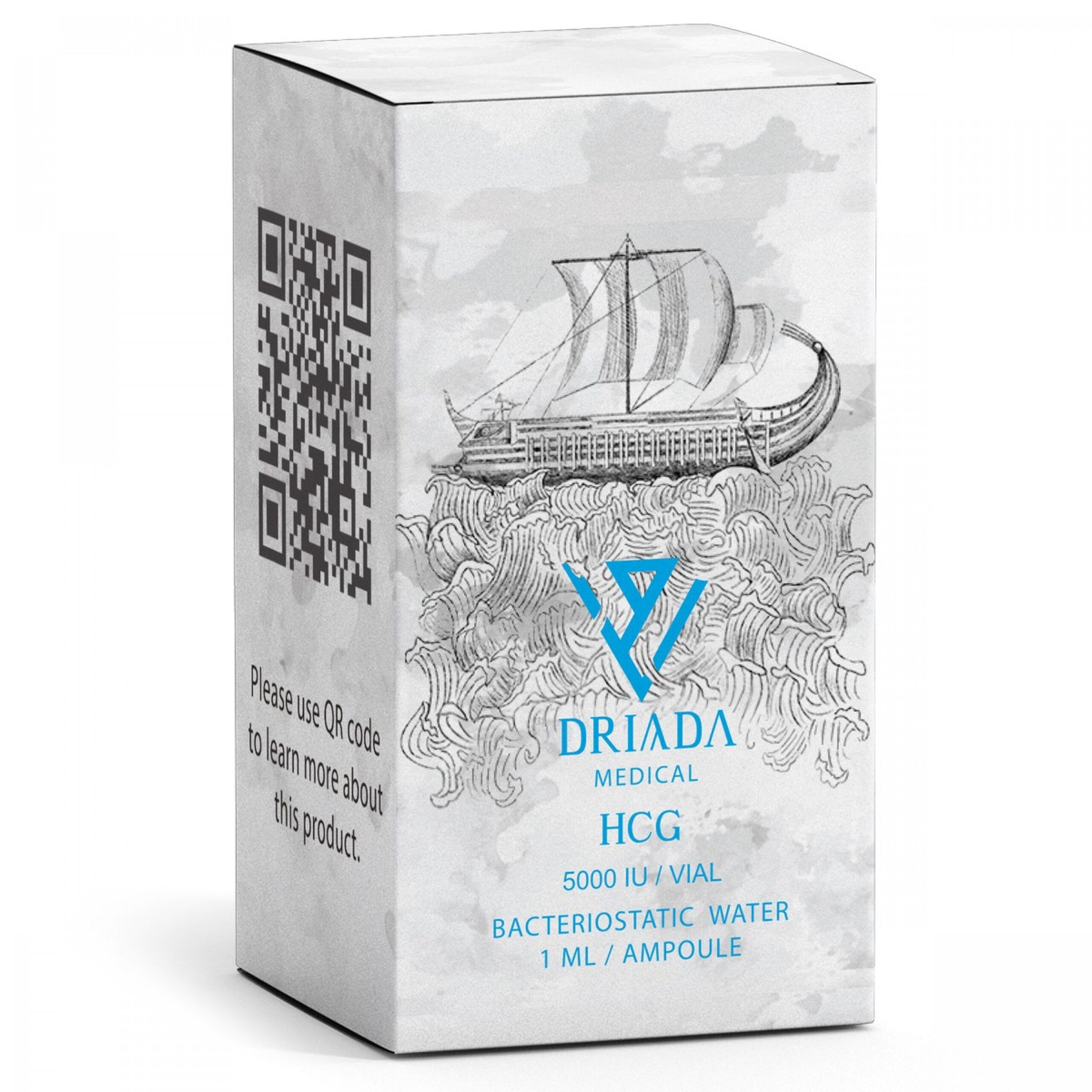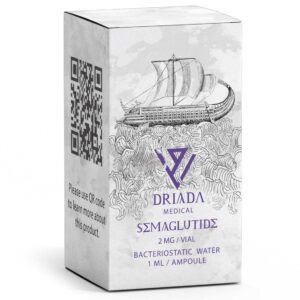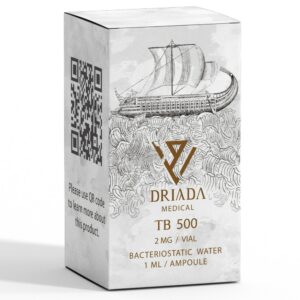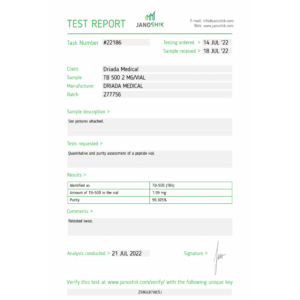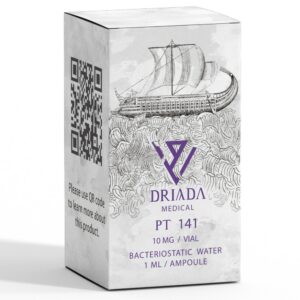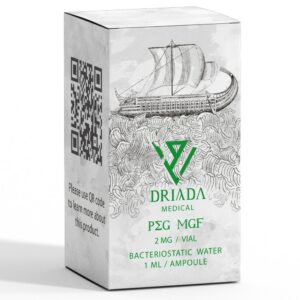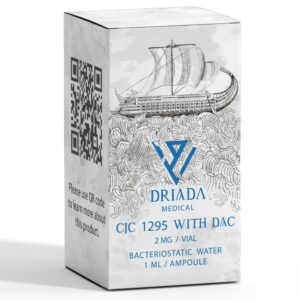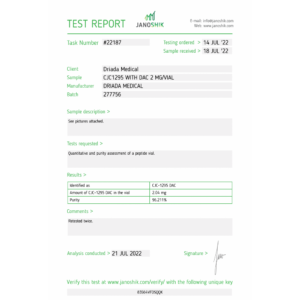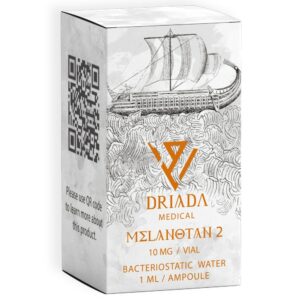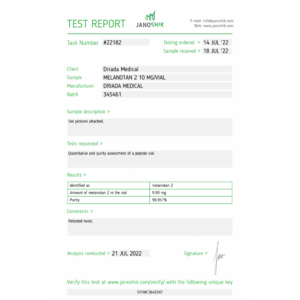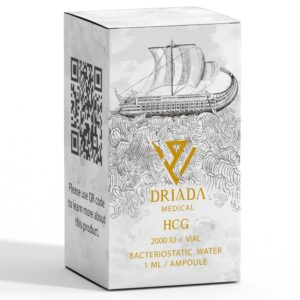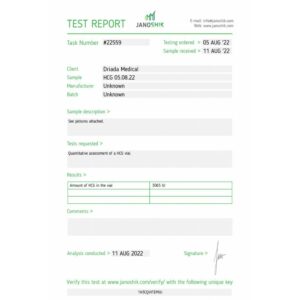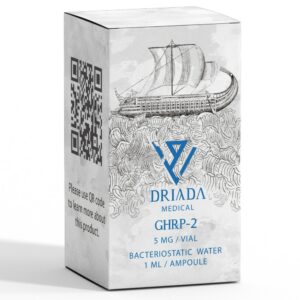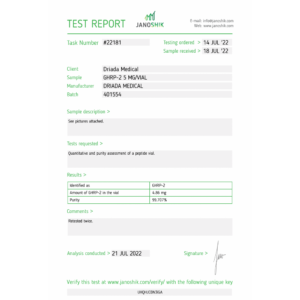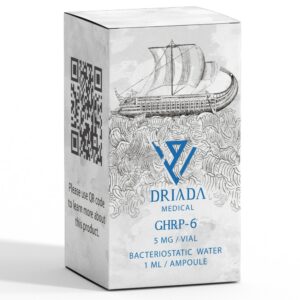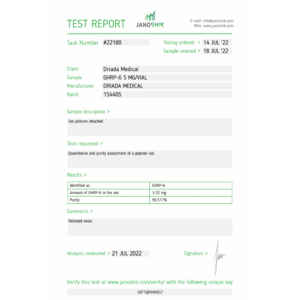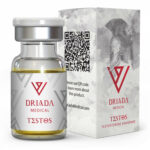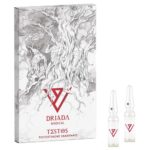- Active ingredient: Human menopausal gonadotropin (hMG). Each vial contains highly-purified human menopausal gonadotrophin (HMG) corresponding to 75 IU of follicle-stimulating hormone (FSH) and 75 IU of luteinizing hormone (LH).
- Type: Peptide hormone
- Form: Injections
Description
Human menopausal gonadotropin or hMG) is a hormonally active medication for the treatment of fertility disturbances in men and women. This is a mixture of gonadotropins – follicle stimulating hormone (FSH) and luteinizing hormone (LH).
Mechanism of action
Once HMG is injected, it is absorbed through the muscle tissue, where it is then released into your body. Because HMG can be used on a regular basis to boost testosterone production inside of your body, it has become very popular among anti-aging clinics and biotechnology companies.
HMG differs from HCG: since HCG is a molecule that binds to the LH receptors (Leydig cells) mostly, and very little FSH receptor (Sertoli cells), while HMG more naturally binds to both LH and FSH receptors.
HCG increases intratesticular testosterone, while HMG also promotes the differentiation and maturation of sperm.
HMG contains FSH, which has a significant effect on spermatozoid production, testicular size, libido, and mood. Also, the lack of FSH signaling is involved in the development of affective disorders.
HMG is excreted primarily via the kidneys. The pharmacokinetics of HMG in patients with renal or hepatic impairment has not been investigated.
Purpose to use
It was developed for the treatment of female infertility, but is also used by men during hormone replacement therapy. In fact, HMG has been widely used in the bodybuilding world for significant improvement of post-cycle treatment. During the cycle, HCG is used as the source of luteinizing hormone (LH) bioactivity to stimulate testosterone secretion by Leydig cells to support their activity and prevent atrophy, whereas HMG is used as the source of FSH to stimulate the Sertoli cells and preserve them.
During the anabolic steroid cycle, it is extremely important to preserve the testicle’s activity, avoid complete final atrophy, and preserve the steroidogenesis cascade, which produces dozens of side hormones and compounds that play an important role in both mental and somatic well-being. So HMG provides comprehensive stimulation of testicle activity the during the cycle or during PCT. Studies showed that HMG in combination with HCG does restore fertility even after long steroid cycles and during TRT. A recent meta-analysis showed that recovery after the cycle is superior when hCG is combined with HMG.
How to use
Treatment with HMG should be initiated under the supervision of a physician experienced in the treatment of fertility problems. There are great interindividual variations in the response of the ovaries to exogenous gonadotrophins. This makes it impossible to set a uniform dosage scheme. The dosage should, therefore, be adjusted individually depending on the ovarian response. HMG can be given alone or in combination with a GnRH agonist or antagonist. Recommendations about dosage and duration of treatment may change depending on the actual treatment protocols:
To preserve fertility and testicular activity HMG necessarily needs to be used on cycles more than 10 weeks long. Ideally, it should be used from the first week, to avoid any atrophy of the testicles. Most often, the prevention of testicular atrophy begins within 3-4 weeks of the steroid cycle. However, in any case, cycles lasting more than 10 weeks thr with a complete loss of testicular functionality, and it is required to start using HCG\HMG treatment as early as possible. In this case, the protocol is: HMG at 75-150 IU 2-3x/week and/or HCG at 250-500IU/2-3x/week.
For people that are suffering from hypogonadotropic hypogonadism, it is recommended that they take up to 5-10 IU per day for several months.
Athletes that are looking for a way to improve their performance can take up to 10 IU per day. On workout days, you may take an additional 5 IU doses 30 minutes before beginning your workout.
In a case of severe anabolic steroid-induced azoospermia with human chorionic gonadotropin and human menopausal gonadotropin protocol consist of Twice-weekly injections of 10,000 IU of HCG and daily injections of 75 IU of HMG for 3 months. It is important, not to use too much, because it can lead to overstimulation of the Leydig cells.
How to prepare a solution
In order to prepare a solution for injection, you take a syringe already containing a diluent and inject it into a vial containing a lyophilized powder. Tilt the vial so that the needle touches the vial wall. Avoiding injecting the diluent directly into the lyophilized powder. The solvent should slowly flow down the wall of the bottle (do not fill everything at once and take your time). Once al the diluent has been added to the peptide vial, mix gently (but do not agitate or shake the vial) until the lyophilized powder has dissolved and you are with a clear liquid. Now the drug is ready for use.
Never mix one peptide with another in the same syringe. This creates risks that fragile peptide molecules will be destroyed.
Application
- The injection can be subcutaneous, intramuscular, depending on personal preferance.
Effects
- Increased levels of endogenous testosterone
- Increased production spermatozoids
- Increased libido and mood
- Fertility restoration
- Preservation of testicles activity during the cycle
- The possibility of restoring the production of one’s own testosterone and fertility after abusive steroid abuse
Side effects
- Abdominal pain
- Shortness of breath
- Breast swelling
- Tender breasts
- Nausea
- Weight gain
- Swelling of the hands and feet
- Mild skin rash
- Testicular pain
Drug profile
- Half-life: LH (half-life 13.8–1020 min) and FSH (half-life 21.3–1090 min)
- Frequency of intake: 1 time 3 days
Contraindications
- Hypersensitivity to menotrophin or to any of the excipients of Menopur.
- Women who have: Tumours of the pituitary gland or hypothalamus; ovarian, uterine or mammary carcinoma; gynaecological haemorrhage of unknown aetiology; ovarian cysts or enlarged ovaries not due to polycystic ovarian disease.
- In the following situations treatment outcome is unlikely to be favourable, and therefore, HMG should not be administered: Primary ovarian failure; malformation of sexual organs incompatible with pregnancy; fibroid tumours of the uterus incompatible with pregnancy.
- Use in pregnancy
- HMG is contraindicated in women who are pregnant.
- There are no or limited amount of data from the use of menotrophins in pregnant women. No animal studies have been carried out to evaluate the effects of Menopur during pregnancy.
- Use in lactation
- HMG is contraindicated in women who are lactating.
Injections
- Injections could be made subcutaneously and intramuscularly with an insulin syringe.
- Disinfect the rubber cap of the drug and the injection site with alcohol.
- Draw the drug into a syringe and inject it slowly.
Storage
- Store protected from light
- Store in a refrigerator (2-8°C)
- Do not freeze
- After reconstitution, the solution may be stored for a maximum of 28 days at not >25°C
- After dissolution in the included solvent, the solution should be administered immediately
- Keep away from children
- Do not use after the expiry date

